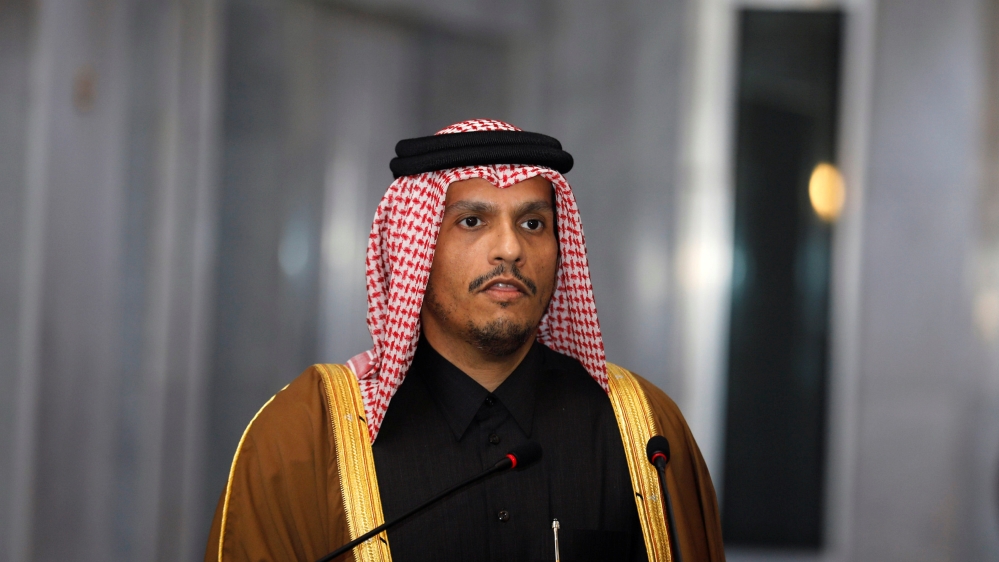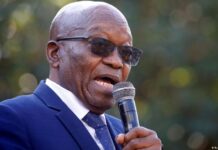Foreign minister says while efforts to resolve row were unsuccessful, Doha open to ‘any offer to resolve’ issue.
Qatar‘s foreign minister has said efforts to resolve a years-long Gulf diplomatic crisis were not successful and were suspended at the start of January.
The discussions began in October last year over a rift that saw Saudi Arabia, the United Arab Emirates (UAE) and Bahrain, along with Egypt, severing political, trade and transport ties with Qatar in June 2017. The quartet continues to impose a land, air and sea blockade on Qatar, accusing it of “supporting terrorism” – a charge repeatedly and vehemently rejected by Doha.
“It’s been almost three years,” Sheikh Mohammed bin Abdulrahman Al Thani said on Saturday at the Munich Security Conference in Germany.
“We were not perpetrators and are open to any offer to resolve this problem,” he added.
“Unfortunately efforts did not succeed and were suspended at the beginning of January and Qatar is not responsible for this.”
In early December, the Qatari foreign minister had said that the parties had “moved from a stalemate” in the dispute, but later said it was “too early” to talk about real progress.
On Saturday, he did not elaborate further on the suspension of talks despite signs in recent months pointing to a possible thaw in relations between Saudi Arabia and Qatar.
In December, Qatar’s then-Prime Minister Sheikh Abdullah bin Nasser Al Thani attended an annual Gulf Cooperation Council (GCC) summit in Riyadh, its highest representation at the meeting since 2017.
The six-member bloc is comprised of Qatar, Saudi Arabia, the UAE, Bahrain, Kuwait and Oman.
“The work of the GCC has been affected by this crisis, and we hope to overcome many challenges next year,” Sheikh Abdullah said at the time, after the closed-door gathering in the kingdom’s capital.
His attendance came after the three Gulf blockading countries took part in a regional football tournament held in Qatar in November, reversing at the last minute an earlier decision to not participate.
Back in 2017, the quartet had set 13 demands for lifting the blockade, including the closing down of Al Jazeera Media Network, shuttering a Turkish military base and reducing ties with Iran. Qatar rejected the demands, offering instead “a proper condition for a dialogue” to resolve the Gulf crisis.
In an interview with Al Jazeera aired in December last year, Qatar’s foreign minister said the terrorism accusation had been proved to have “no basis at all” by the international community.
He said Qatar will not offer any concessions that will “affect our sovereignty and interfere with our domestic or foreign policy”.













![Hotstar Premium Cookies 2019 [*100% Working & Daily Updated*] Hotstar Premium Cookies 2019 [*100% Working & Daily Updated*]](https://tahav.com/wp-content/uploads/2019/11/Hotstar-Premium-Cookies-Free-100x70.jpg)



